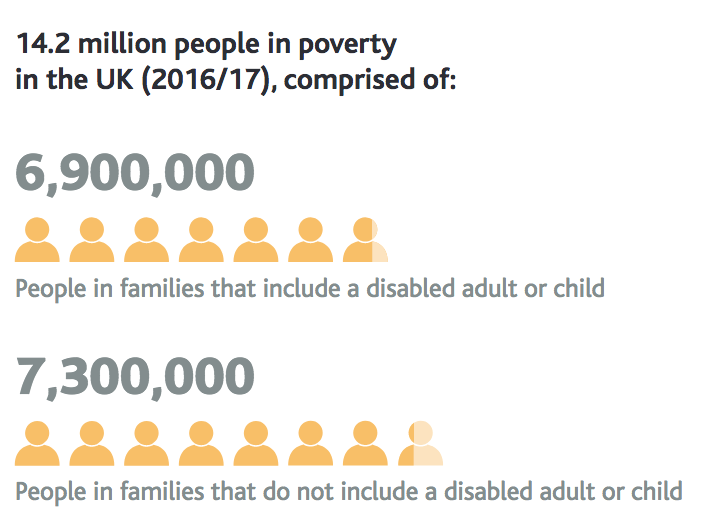Decline of poverty debate (degrowth vs green growth). In a corner of Twitter there was a flare up of the simmering arguments between degrowth thinkers epitomised by Jason Hickel and poverty and inequality researchers, in this instance, Max Roser of World In Data. This is important for me as I rely on the WiD poverty data in Thinking Bigly. The Roser work based on academic papers reconstructing GDP is used by some market proponents and techno-optimists to argue that market forces/innovation have helped global poverty (v. simplified argument) and that innovation and growth will continue to be an important part of helping the global poor. Hickel argues (in my simplified interpretation) the data are flawed and as growth (and mechanisms/structures created by eg. colonialism) has not been as helpful then de-growth (especially in rich countries) is a better mechanism. A balanced leftist view you can find from Branko Milanovic, who I find broadly comes out in favour of the Roser work, and has very good work on inequality (Branko is also not a de-growth economist). Although Branko is also a techno-optimist, the innovation-market view is probably best seen in the work and essays of Bill Gates. These discourses are happening and I think if you want to be an active thinker or do-er here you should join the debate.
The Max Roser tweet that started the current round of debate off.



